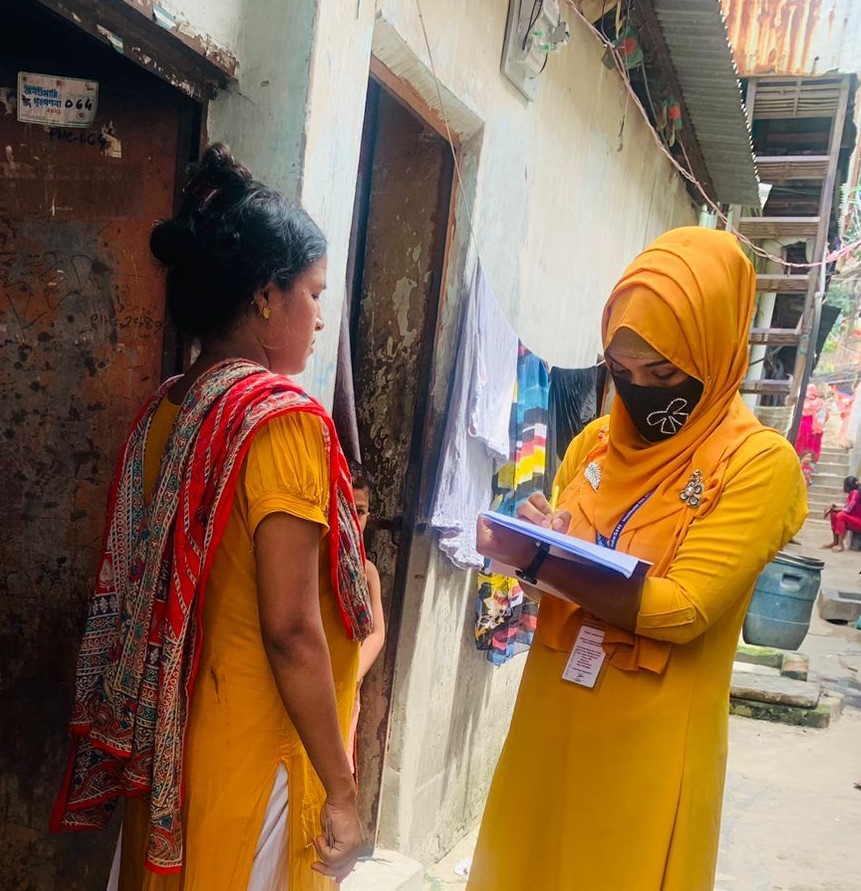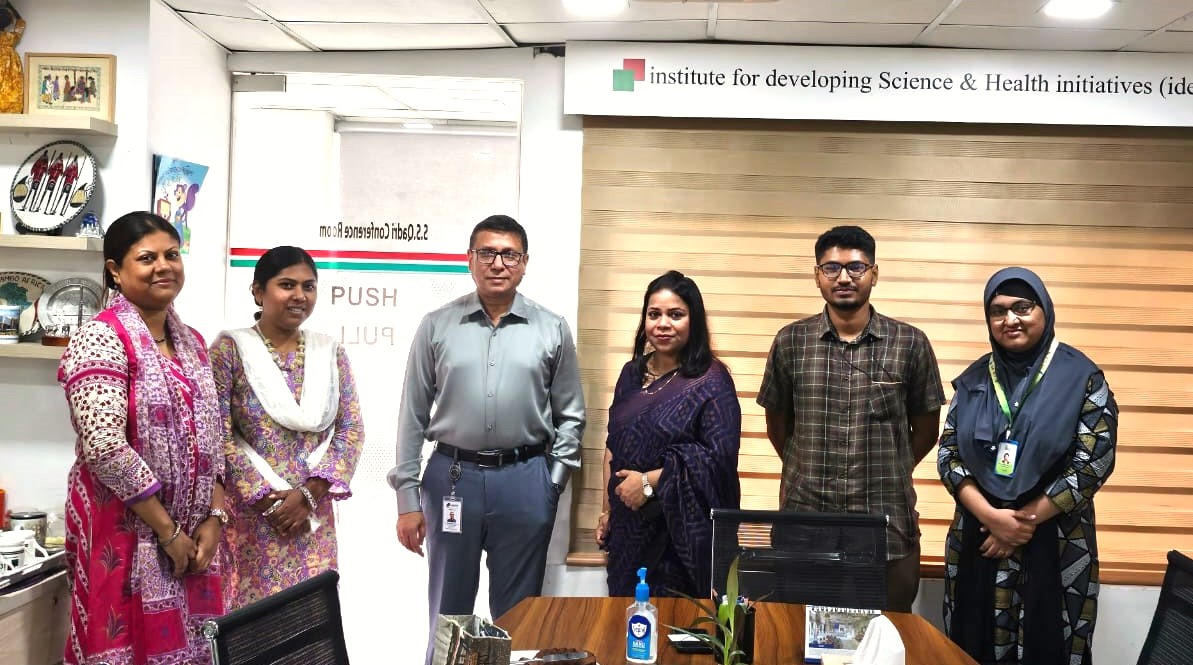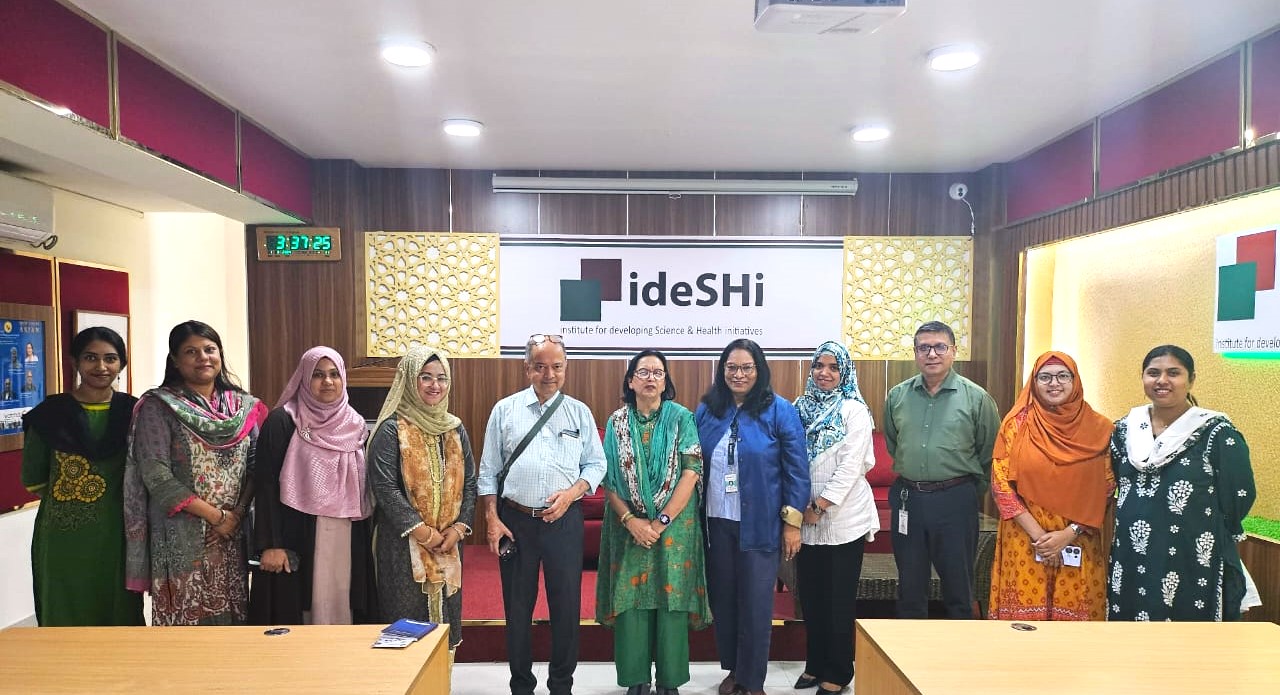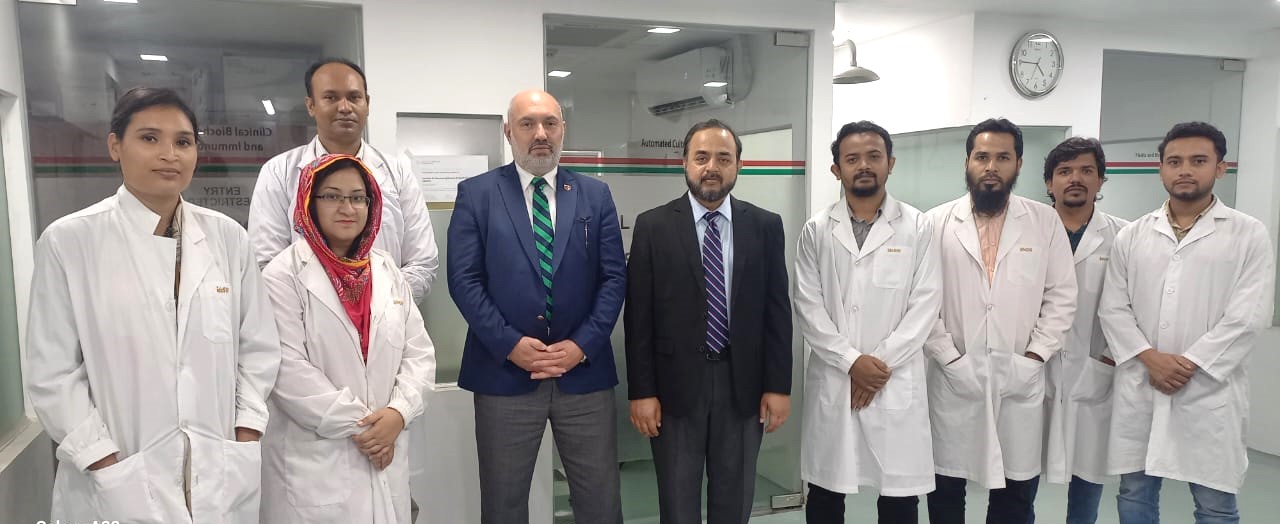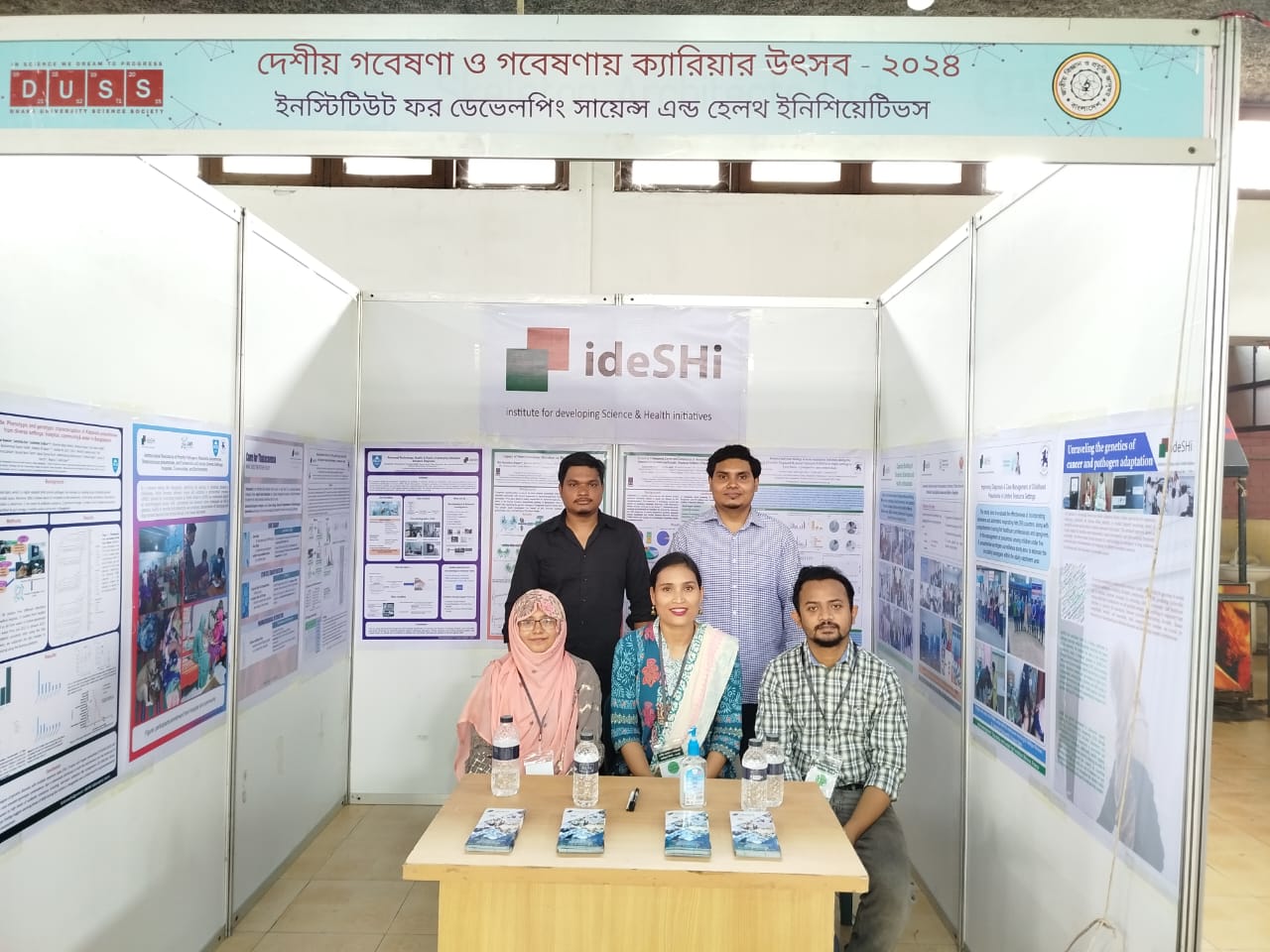Program Lead
Dr. Zannat Kawser, Sanchita Kar
Our Approach
Facilitated with conventional microbiology and automated identification and Antimicrobial Sensitivity Testing (AST), ideSHi has been conducting several projects on AMR profiling of WHO priority pathogens. By including advanced high throughput technologies, we are studying AMR at both phenotypic and genotypic perspectives. In our studies, we focus specially on 1) Klebsiella pneumoniae (Kpn), the notorious Gram negative bacteria causing a broad spectrum of invasive Hospital Acquired Infections; 2) Escherichia coli (E. coli), another commonly isolated Gram negative bacteria causing drug resistant infections in clinical setting as well as normal habitat in human and animal gut 3) Streptococcus pneumoniae (Spn), the Gram positive cocci, one of the predominant etiology for pneumonia in children.
Partners
Massachusetts General Hospital, MA, USA; Dhaka Medical College Hospital, Dhaka, Bangladesh; GABRIEL Network, Foundation Merieux, France
Research Goals
The key objectives of the AMR projects at ideSHi are i) to detect the AMR genes and the association with clinical features ii) to assess the risk of transmission of AMR genes in human through exposure to the environment and companion animals iii) to inform the public health policy makers by generating evidence based data on AMR.
Context
pneumoniae and E. coli colonizes the human intestine, persists in environmental and animal reservoirs, and is permissive of horizontal gene transfer. These features again facilitate its rapid accumulation of AMR elements and emphasize its importance as a reservoir and trafficker of AMR across other Enterobacteriaceae species. In addition to AMR, monitoring the serotype diversity of S. pneumoniae among children in post vaccine era is another major concern that we emphasize.
Impact
The resulting data will directly inform AMR surveillance efforts, outbreak investigations, and may give information relevant to the development and/or improvement of vaccines and AMR detection tools for K. pneumoniae, E. coli and S. pneumoniae.

